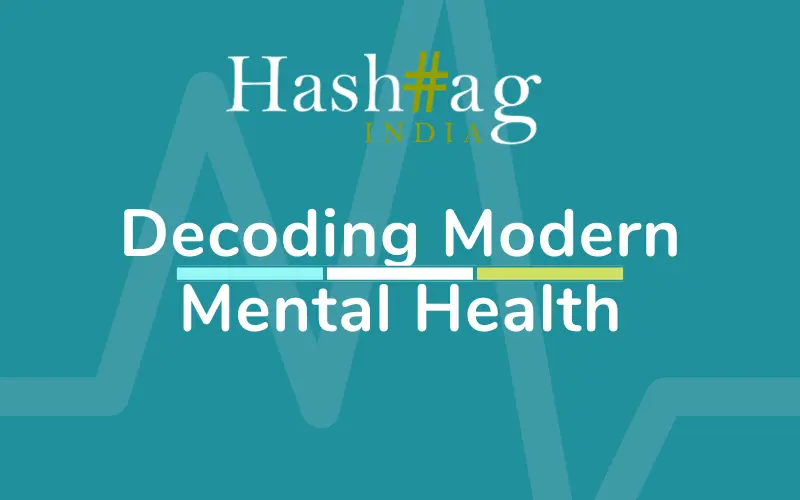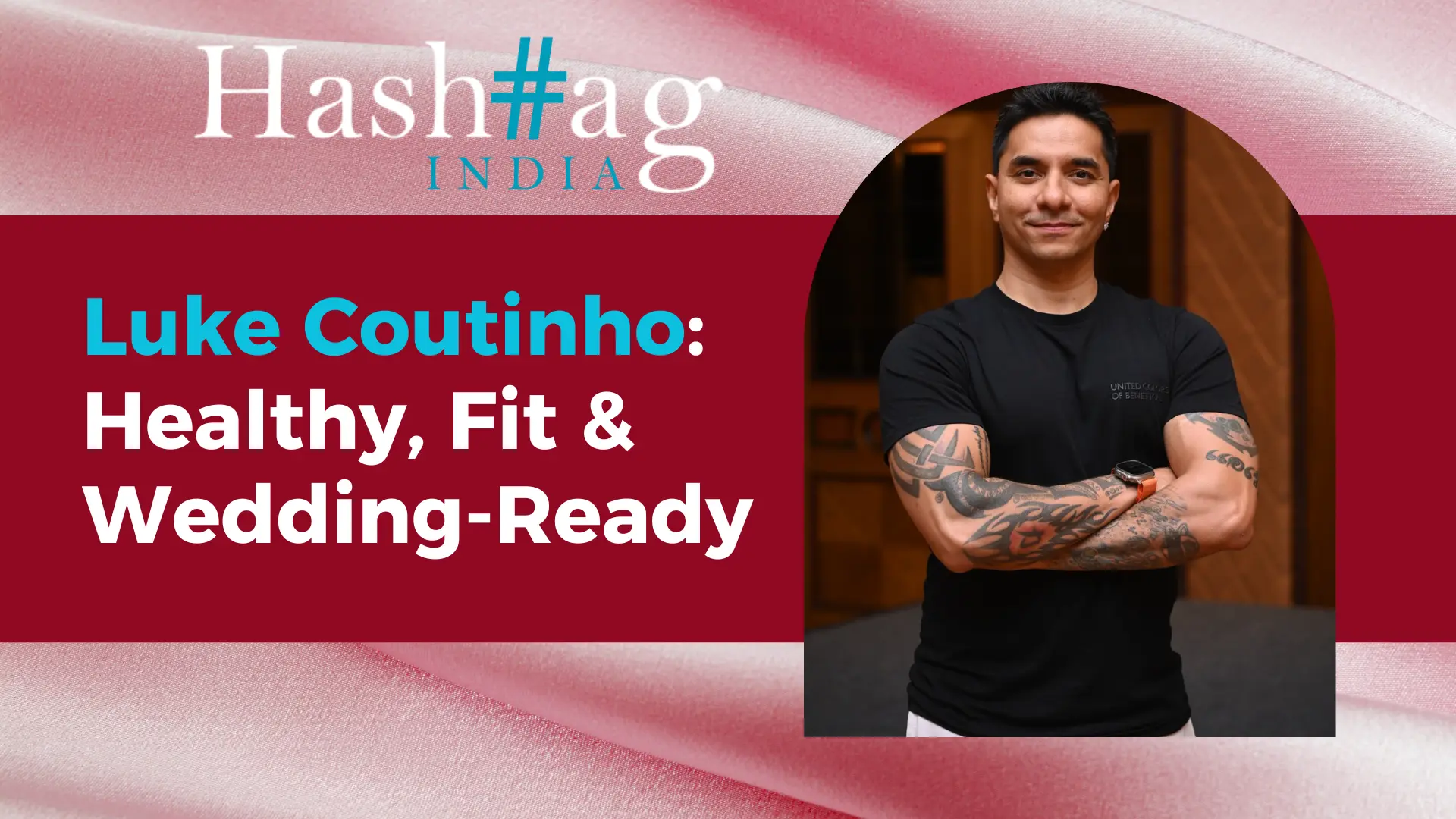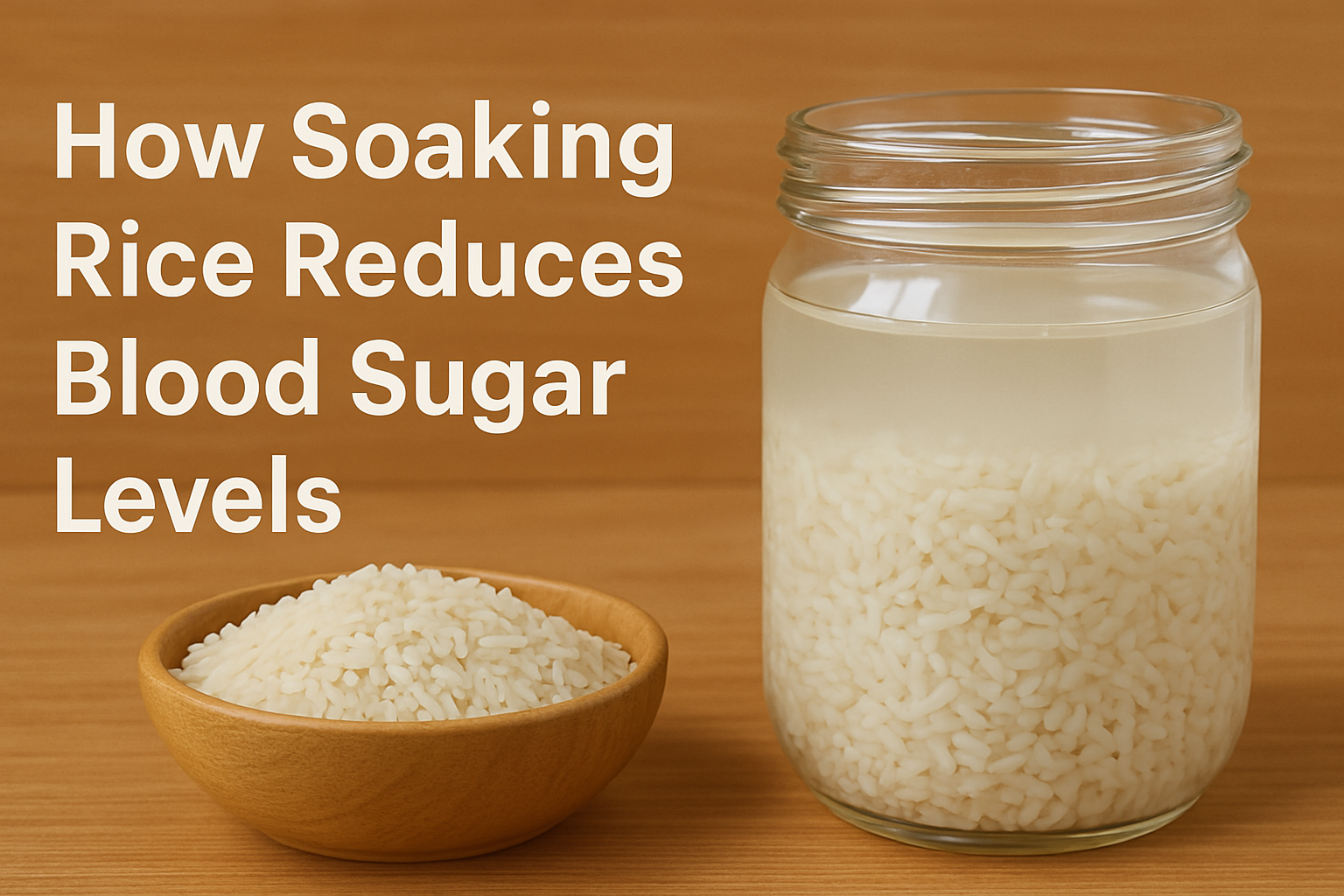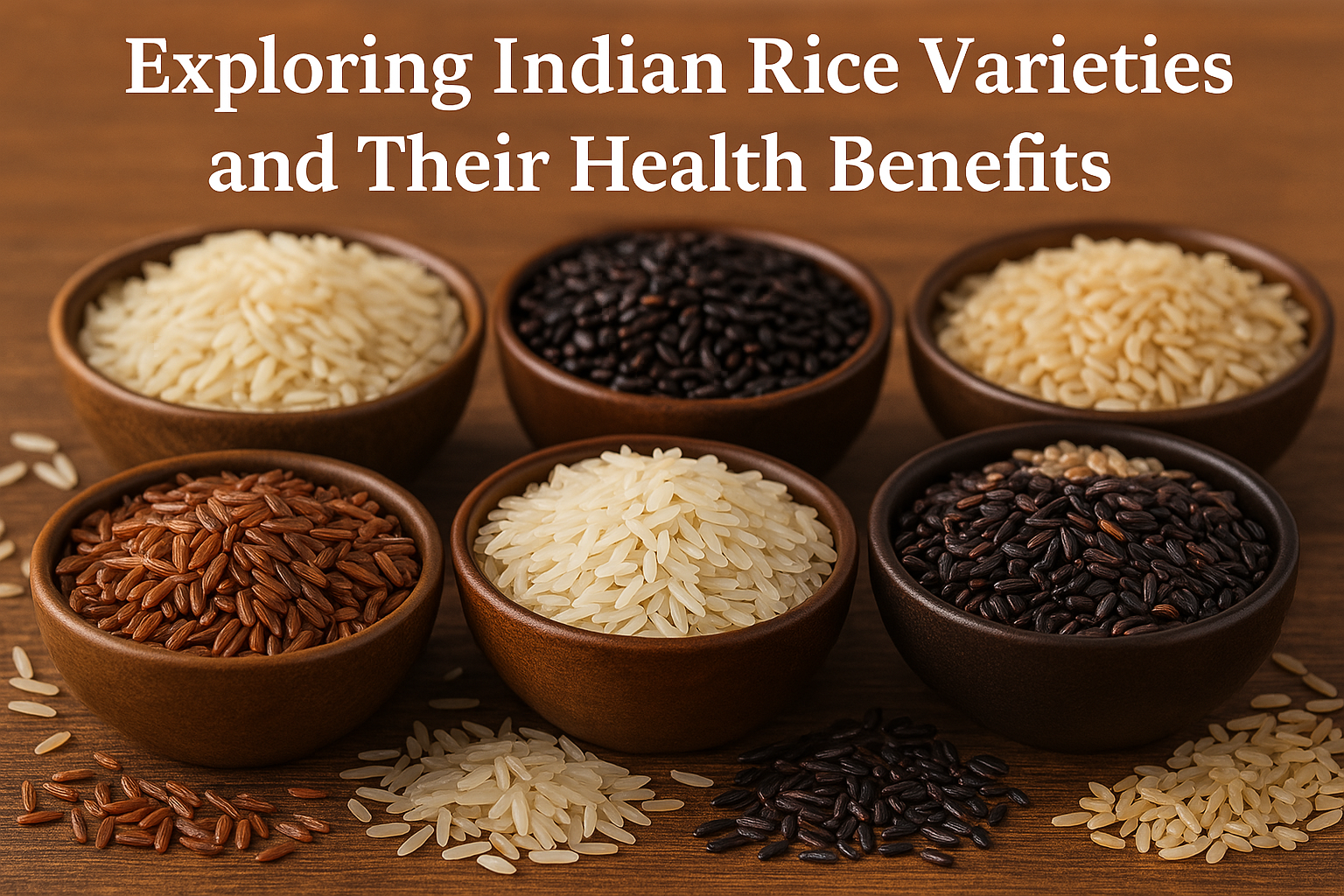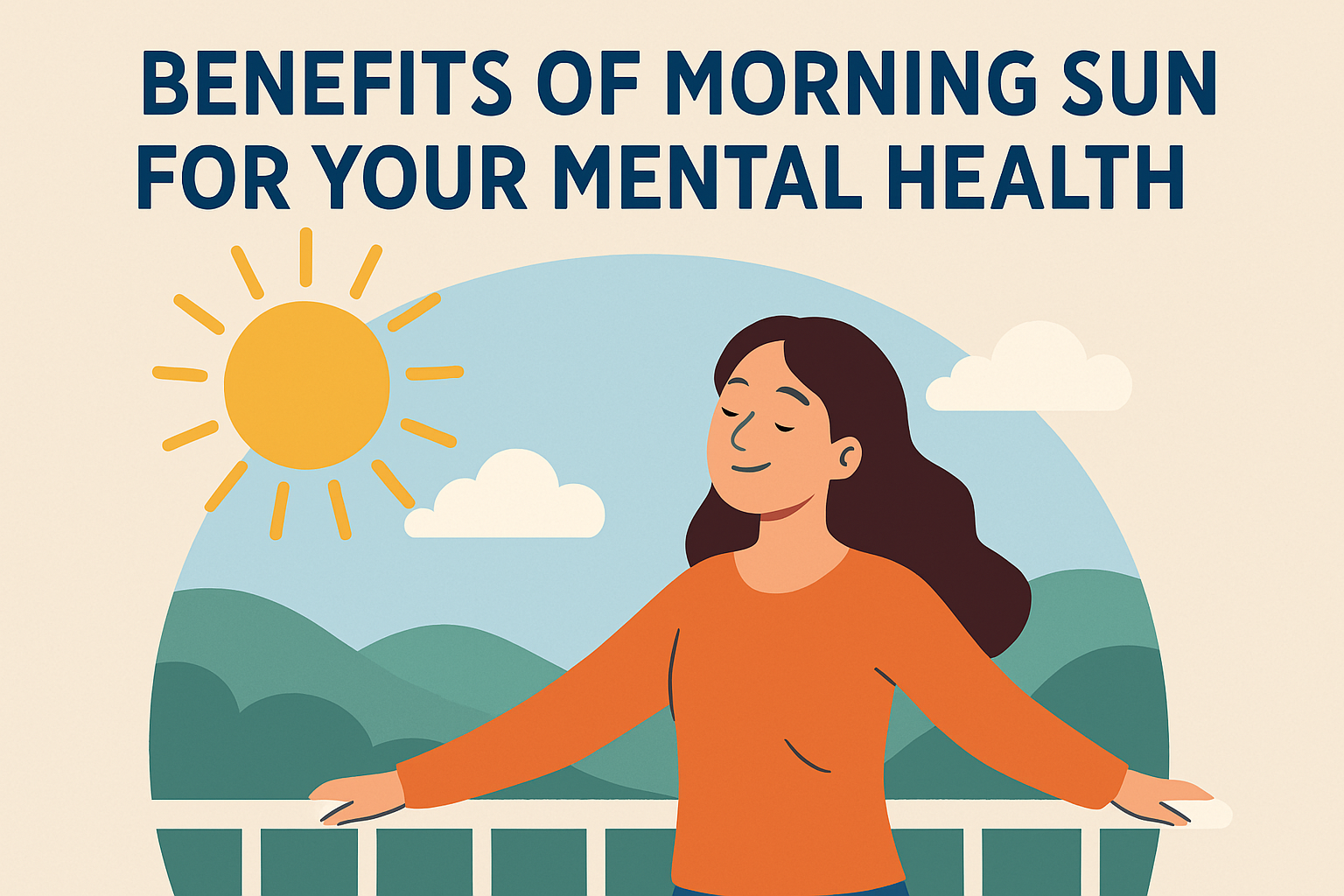AVINASH RAJAPET, co-founder & Program Director at Fitbee shares some simple do’s and don’ts that will help manage our hormones and busts some prevalent myths about our body.
With the fast-paced lifestyle we all currently lead, it is but a given that it would take a toll on our bodies. One of the most important yet frequently ignored effects is on our hormones. A hormonal imbalance occurs if there is more or less of a particular hormone in our body. If there is a small imbalance in hormones, your health could be significantly compromised. Changes in lifestyle and an increase in stress and anxiety, along with lack of consistent exercise are the most common reasons for these imbalances. To get your body back on track it is important to consider not just exercise but also nutrition, hydration and sleep.

There are plenty of ways to balance your hormones and improve your overall well-being. Hormonal imbalances are more common today than ever before. Identifying and accepting that you have a hormonal imbalance is the first and most important step.
DO’s
- Circuit training is recommended. For maximum benefits, complete your exercises with little rest between each circuit session. It is the best type of workout for boosting testosterone and stimulating growth hormone, so you spend less time exercising while reaping more benefits. The training can be a combination of strength training (with or without weights), functional moves and a fun workout like cardio kickboxing.
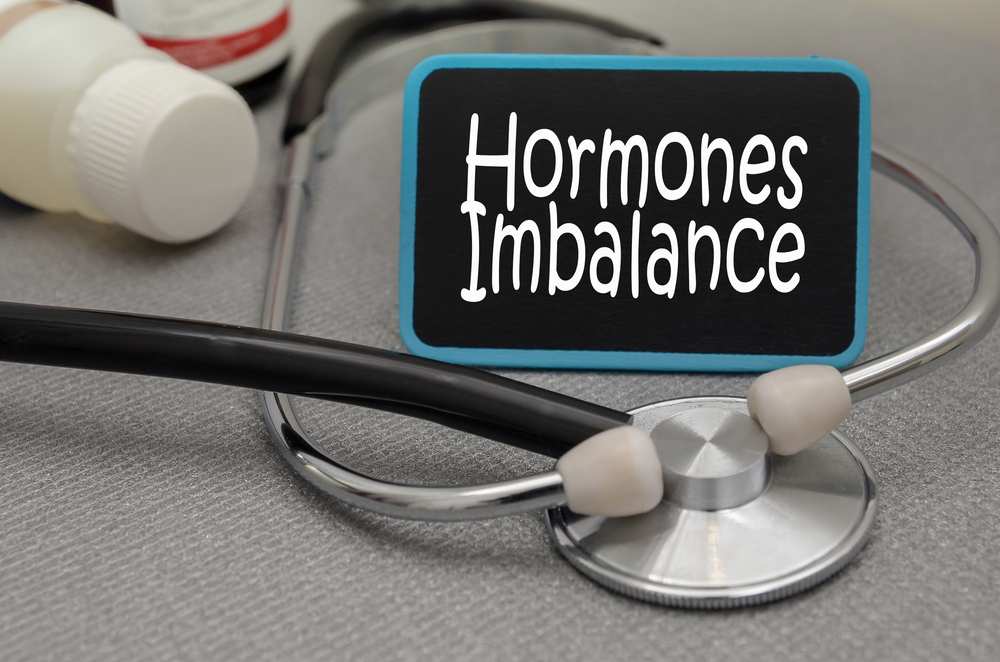
- Nuts are a vital part of your daily diet. Walnuts and flaxseeds are good sources of omega 3 precursors. These are responsible for producing anti-inflammatory substances that reduce internal body inflammation.
- Consume millets such as ragi, jowar, bajra as a part of your major meals. These are a good source of complex carbohydrates and fibre and do not spike up blood sugar levels.
- Hydrate yourself throughout the day, it will help flush out all toxins from the body. The thumb rule for water consumption is 1 litre for every 20-25kgs of body weight.
- Eat Well: Consume 3 wholesome meals and 1-2 snacks at regular intervals.
- Get at least 7-8 hrs of sleep. Keep gadgets away at night.
- Ensure you indulge in a physical activity routine of your choice. And stick to it for at least 4-5 times a week. Exercise has been researched to stimulate endorphins (feel-good hormones) that up energy levels and make you feel positive.
DONT’s:
- Avoid crash diets. These are unsustainable and may harm your body in the long run.
- For those with jobs that require intense screen times, do not stay stationary in the same position for too long. Make a conscious effort to walk around for at least 5 minutes every hour.
- All refined products, including cereals and sugar, should be minimised, as they cause a sharp rise in blood glucose levels. Consuming these foods daily may increase the risk of insulin resistance and diabetes. Insulin resistance alone is a major risk factor for PCOD.
- Avoid all packaged or processed foods. Most of these products contain heaps of sodium or similar preservatives and artificial sweeteners. These also interfere especially with our adrenal glands, which helps balance blood pressure.
- Dairy products may be avoided in the case of lactose intolerance and other substitutes like soy milk, tofu, curd and buttermilk, almond milk, coconut milk etc., could be used as replacements. Please check with your doctor on what you can or cannot consume.
- Avoid refined vegetable oils and include cold-pressed oils. Other options can be olive oil or ghee, which are rich sources of monounsaturated fatty acids that keep body inflammation at bay.
Some Myths related to hormonal imbalance:
- Don’t work out if experiencing hormonal imbalances.”
Fact – Exercising regularly reduces stress levels and also helps in regulating your hormones, such as insulin. In case of diabetes, metabolic disorder, or other conditions caused by hormonal imbalances, getting into a regular fitness regime can be one of the main ways to start feeling better.

Remedy – Women can begin with resistance training, breathing exercises, and yoga to get on a track for fitness.
- “Our hormones don’t shift around until we reach middle age.”
Fact – Lifestyle changes are most responsible for hormonal imbalances and your age is not responsible for it always!
Remedy – The best way to cope with it is to get enough sleep, have a balanced diet and seeking professional help if needed.
- “Eating soy is harmful to women’s hormonal health.”
Fact – Consumption of soy protein rather than animal protein decreases total cholesterol, LDL cholesterol, and triglycerides and is also extremely beneficial during menopause. It also improves heart health.
Remedy – You can consume soy in different forms such as salads, boiled soy, soy milk.
- “You can’t control your hormones.”
Fact – It is often assumed only medical treatments can cure hormonal imbalances while the fact is there are non-medical remedies too that can help. You can also control “cortisol,” known as the stress hormone, which plays a vital role in influencing how we feel and behave.
Remedy – Going for therapy, practising daily self-affirmations, meditation, enjoying good food and keeping good company can always keep you away from chronic stress that in turn helps in treating symptoms of hormonal imbalances such as mood swings.
Hormonal imbalances can be attributed to genetics, lack of proper nutrition and an unhealthy lifestyle. However, it can be controlled by a healthy dose of exercise, diet, and sleep. Only resort to medication as a last option. It is possible to keep track of our health by just keeping an eye out for distress signals from our bodies!


